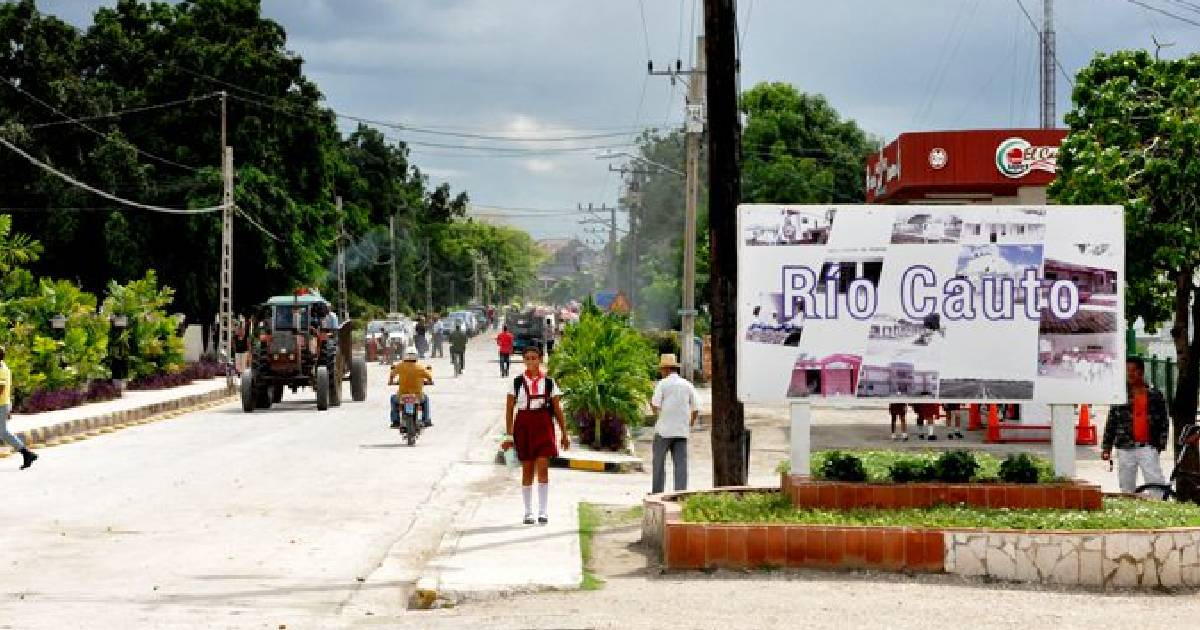
The new control measures that the Cuban regime imposed on the private sector will begin to be implemented in 16 municipalities, out of the 168 that the country has, which have been chosen by the government.
Through a statement from the Ministry of Finance and Prices, they announced that the trial period will last 180 days and that other territories will be gradually integrated afterwards.
According to the note, the process must be "gradual" because they need time to create the "conditions" in the rest of the municipalities.
The selected are: Consolación del Sur, Pinar del Río; Cotorro, Havana; Artemisa, Artemisa; San José de las Lajas, Mayabeque; Cárdenas, Matanzas; Cienfuegos, Cienfuegos; Camajuaní, Villa Clara; Trinidad, Sancti Spíritus; Ciego de Ávila, Ciego de Ávila; Sibanicú, Camagüey; Las Tunas, Las Tunas; Moa, Holguín; Río Cauto, Granma; Tercer Frente, Santiago de Cuba; Guantánamo, Guantánamo; and the Special Municipality Isla de la Juventud.
The new regulations announced by the Cuban regime since July for the private sector will come into effect in September and involve significant changes for entrepreneurs on the island.
With Decree-Law 90, which will come into effect on September 19, it is established how Self-Employment (TCP) will be developed in Cuba. This document states that Mipymes can be "state-owned, private, mixed, or owned by political, mass, and social organizations."
Small and medium-sized entrepreneurs with businesses on the island must request authorization from the Municipal Assemblies to open their businesses.
While the government clarifies that this will happen "as long as they are in line with municipal development strategies, address other needs of the municipality, or respond to the economic priorities" of the country.
Concerns about increased bureaucracy and corruption began to be voiced by experts in the field.
"In a first reading, these new laws represent another significant setback for the Cuban economy," said Ric Herrero, executive director of the Cuba Study Group, to the newspaper El Nuevo Herald.
Meanwhile, Marcelo Rodríguez Pita, an entrepreneurship advisor, stated in a conversation with Martí Noticias that "the approval of Mipyme applications is in the hands of local governments, municipal administration councils, where we know there are high levels of corruption and few opportunities to thrive."
The Cuban government also stipulated the creation of a National Institute of Non-State Economic Actors, an entity subordinate to the Council of Ministers.
What do you think?
COMMENTFiled under: